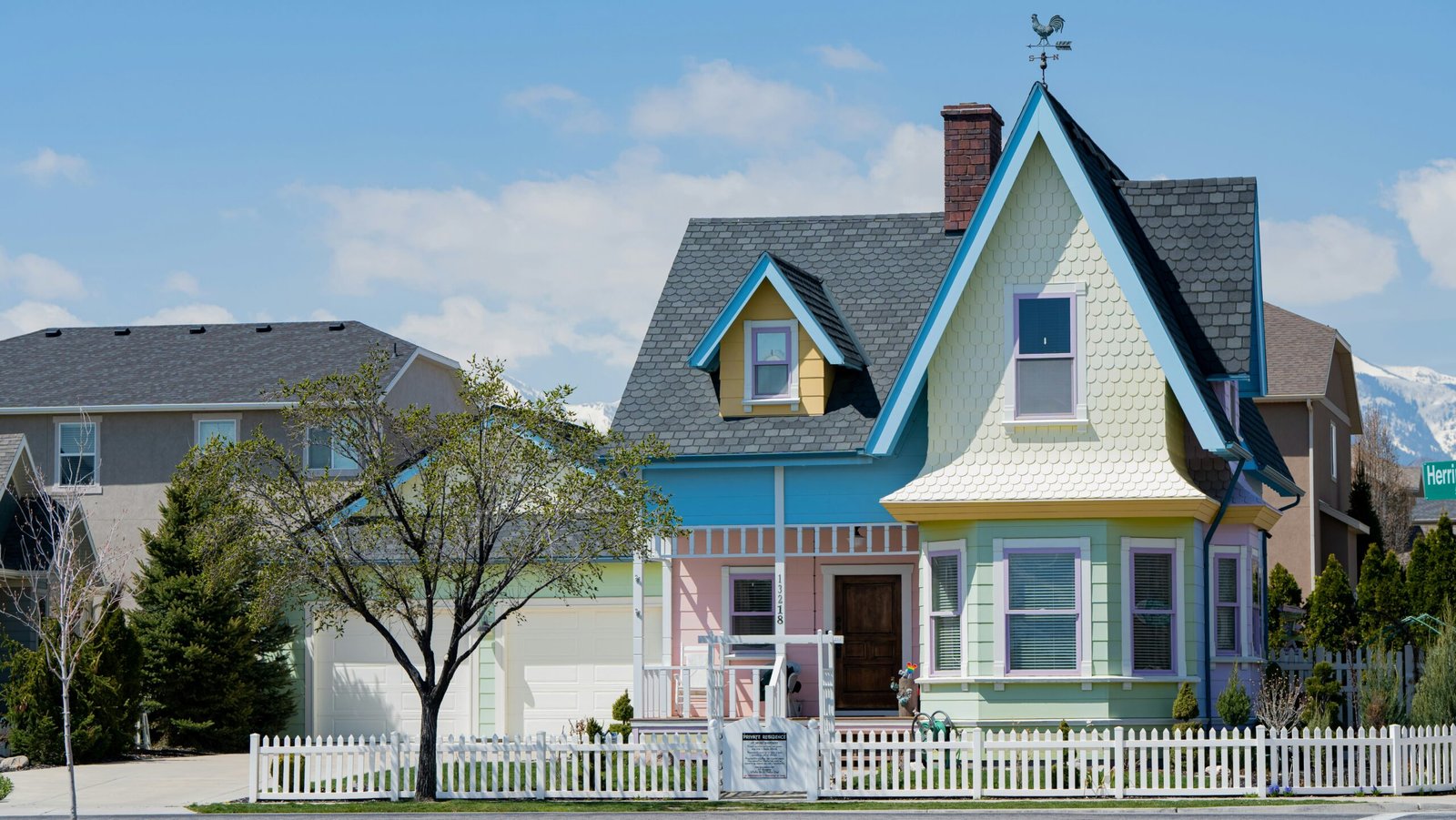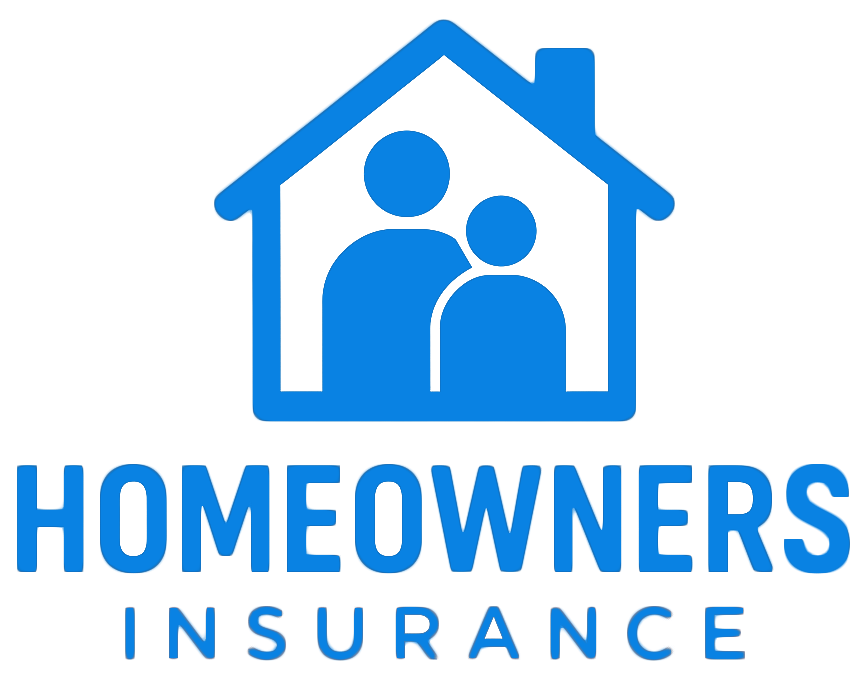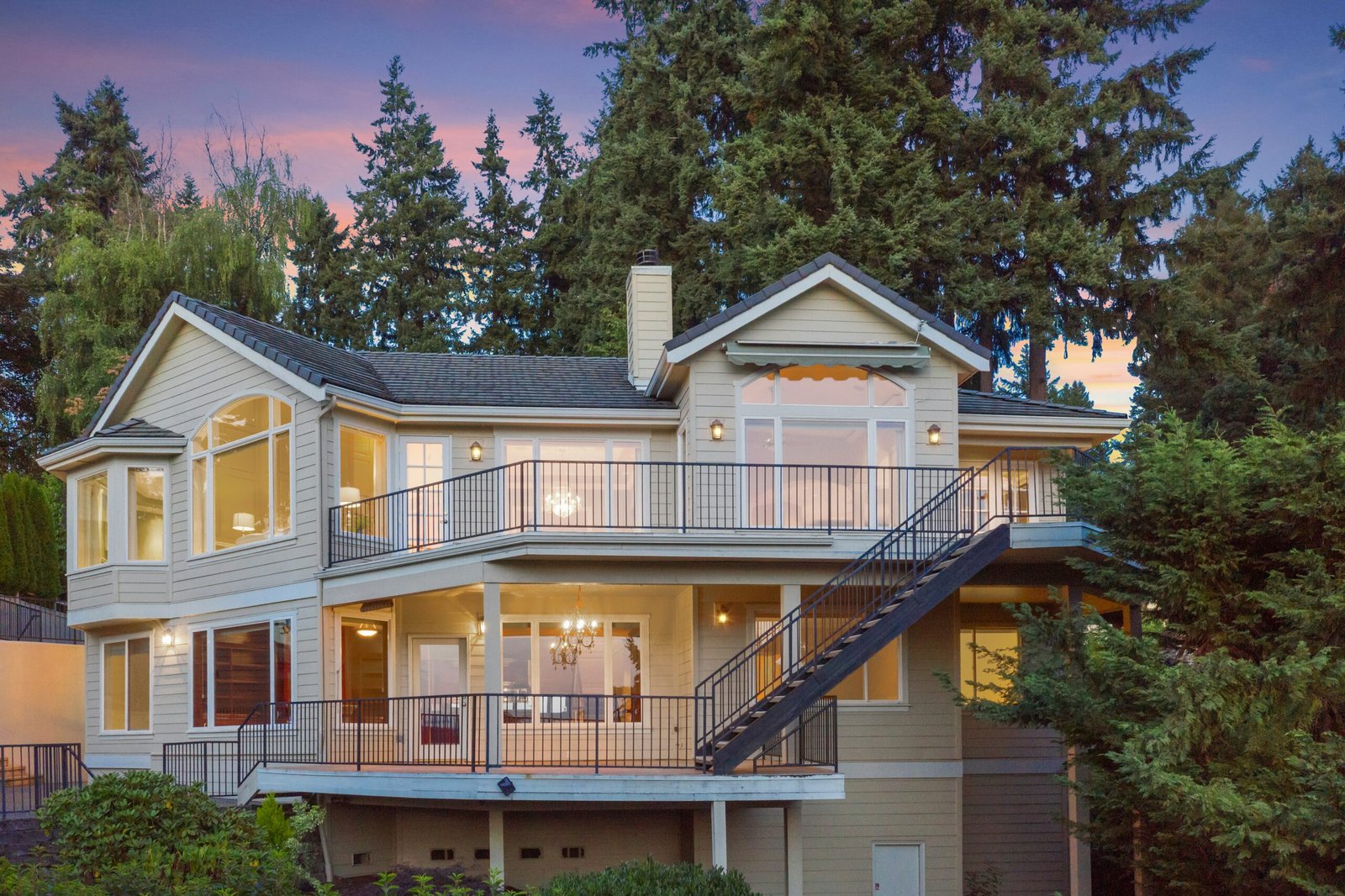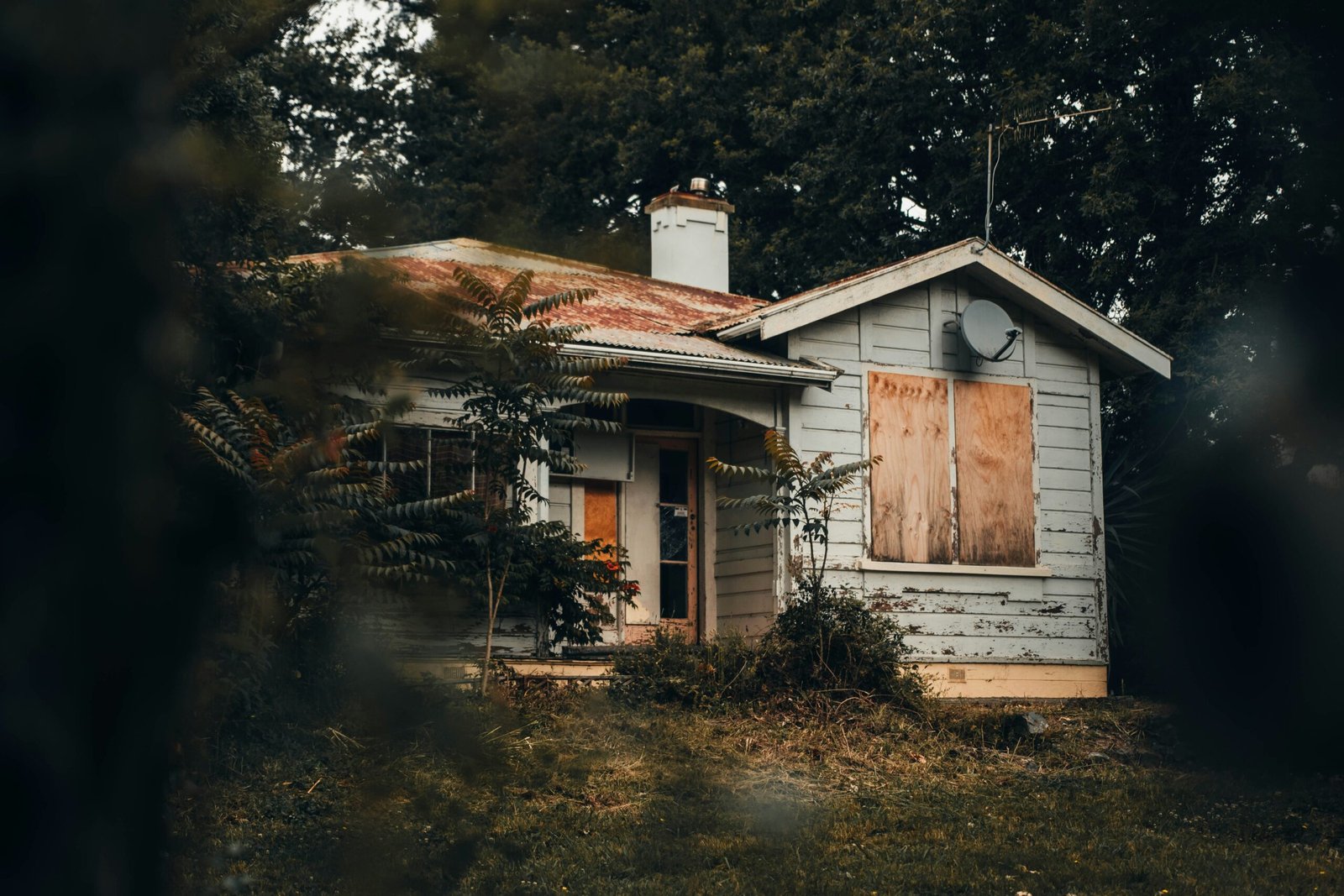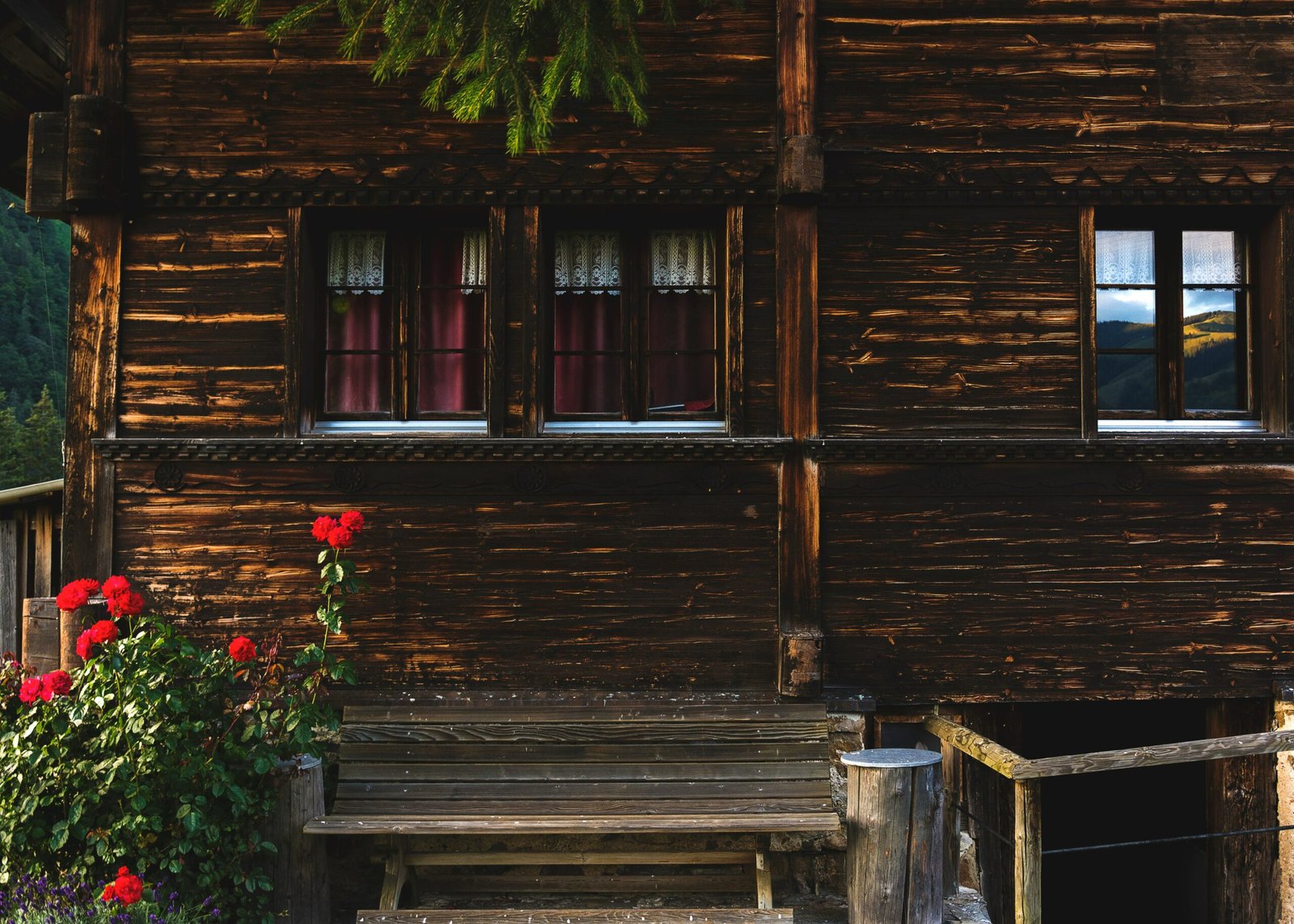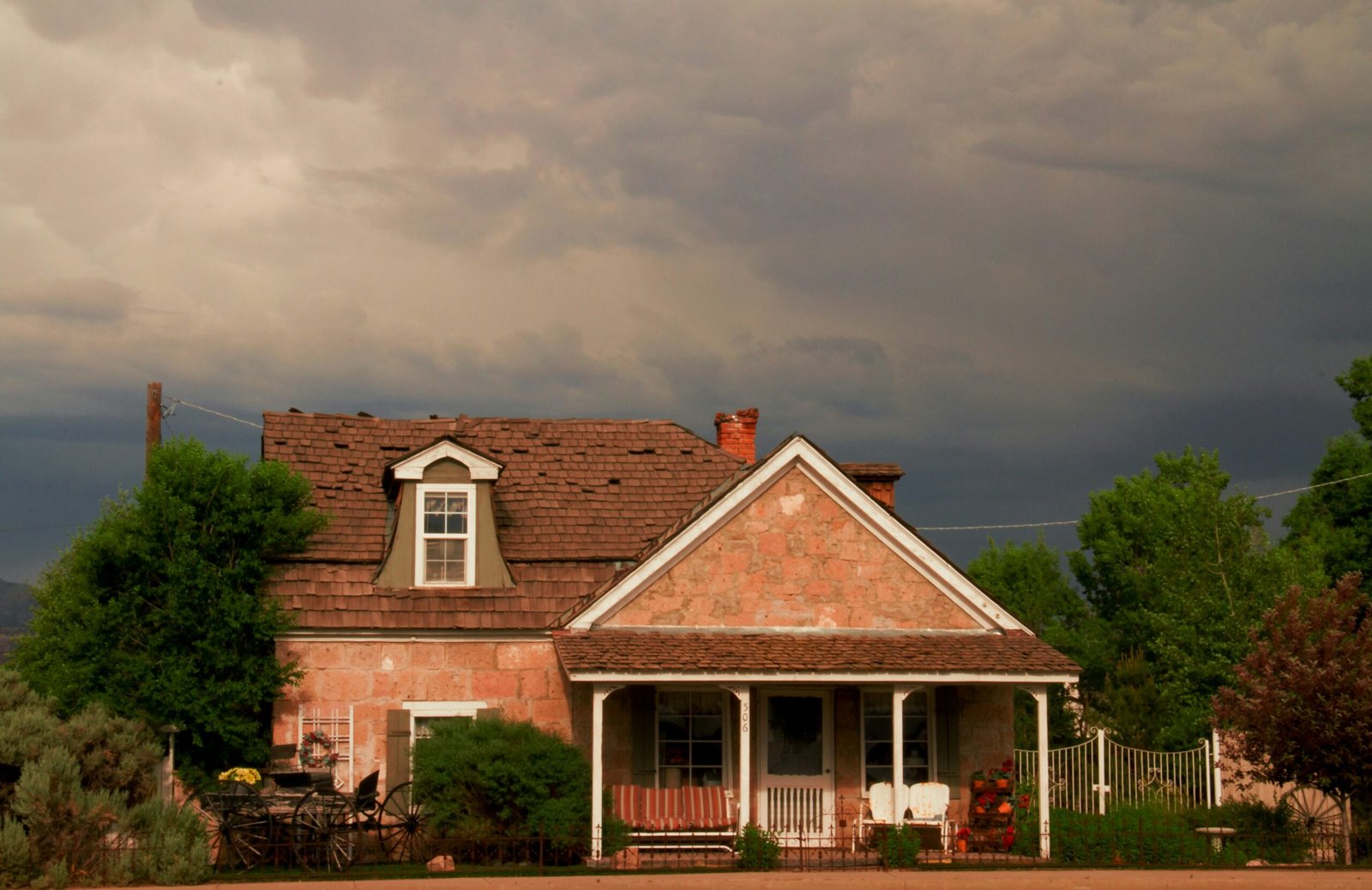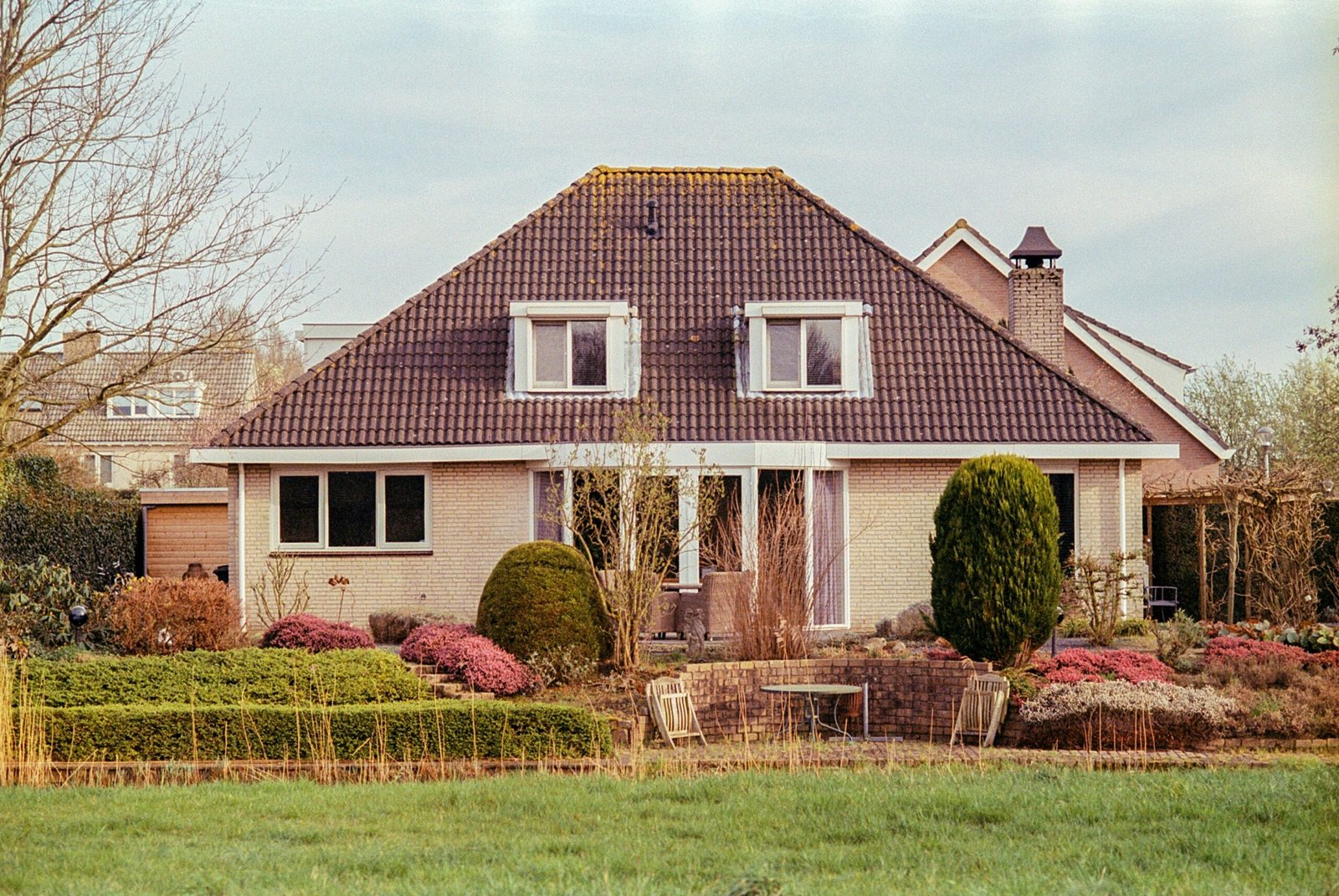If your HVAC system suddenly stops working, you might be wondering if your home insurance policy will cover the cost of repairs or replacement. Since your heating and cooling system is essential for comfort and safety, understanding your coverage can help you avoid unexpected expenses.
Let’s break down whether or not HVAC system repairs are typically included in your standard homeowner insurance policy — and what your options are if they’re not.
What Is an HVAC System?
An HVAC (Heating, Ventilation, and Air Conditioning) system controls the climate inside your home. It includes furnaces, air conditioners, ductwork, and ventilation components that help regulate temperature and air quality. Since these systems are complex and often expensive to repair or replace, it's crucial to know what your policy will and won’t cover.
Are HVAC System Repairs Covered by Homeowner Insurance?
In general, homeowner insurance only covers sudden and accidental damage — not normal wear and tear or system failure due to age. So, if your HVAC system is damaged by a covered peril such as fire, lightning, or a falling tree, your insurance may help cover repairs.
However, if your unit stops working due to a mechanical failure, age-related wear, or poor maintenance, you’ll likely have to pay out-of-pocket. These are considered routine expenses and not typically covered.
Common Covered Scenarios
Here are a few examples where HVAC system repairs might be covered:
Storm damage causes a tree to fall on your outdoor AC unit
Lightning strikes your home and fries the HVAC electrical system
A house fire destroys heating or cooling equipment
In such cases, the HVAC system is damaged as part of a broader event — and that’s when your home insurance can step in.
What About System Failures and Breakdowns?
For situations like compressor failure, leaking refrigerant, or thermostat malfunctions, traditional home insurance won’t provide coverage. These are classified as mechanical issues or system breakdowns, which fall outside the standard policy limits.
To bridge this gap, many homeowners opt for a home warranty or an equipment breakdown endorsement. These plans are designed to cover the repair or replacement of major appliances and home systems — including HVAC.
Preventive Options and Add-Ons
If you’re concerned about the high cost of HVAC system repairs, consider the following add-ons:
Equipment Breakdown Coverage – Offers protection for essential home systems against mechanical or electrical failure.
Home Warranty Plans – May cover repairs or replacements due to normal wear and tear.
General Liability Insurance – If you’re a landlord or run a business from your property, general liability insurance may be essential in case the HVAC issue causes injury or damage to others.
How to Know What’s Covered
The best way to understand your specific coverage is to review your policy documents or speak with a licensed insurance agent. Policies differ depending on the insurer, the state you live in, and any endorsements you’ve added.
Looking for more tailored protection? Explore your options on this insurance service page to find policies that fit your needs, from property coverage to additional liability protections.
Final Thoughts
Your HVAC system is a critical part of your home’s comfort and functionality. While homeowner insurance may provide some protection in specific scenarios, it often won’t cover HVAC system repairs caused by age, wear, or breakdowns. Consider supplementing your coverage with a home warranty or system-specific protection to avoid being caught off guard.
Being informed today can save you thousands tomorrow.
